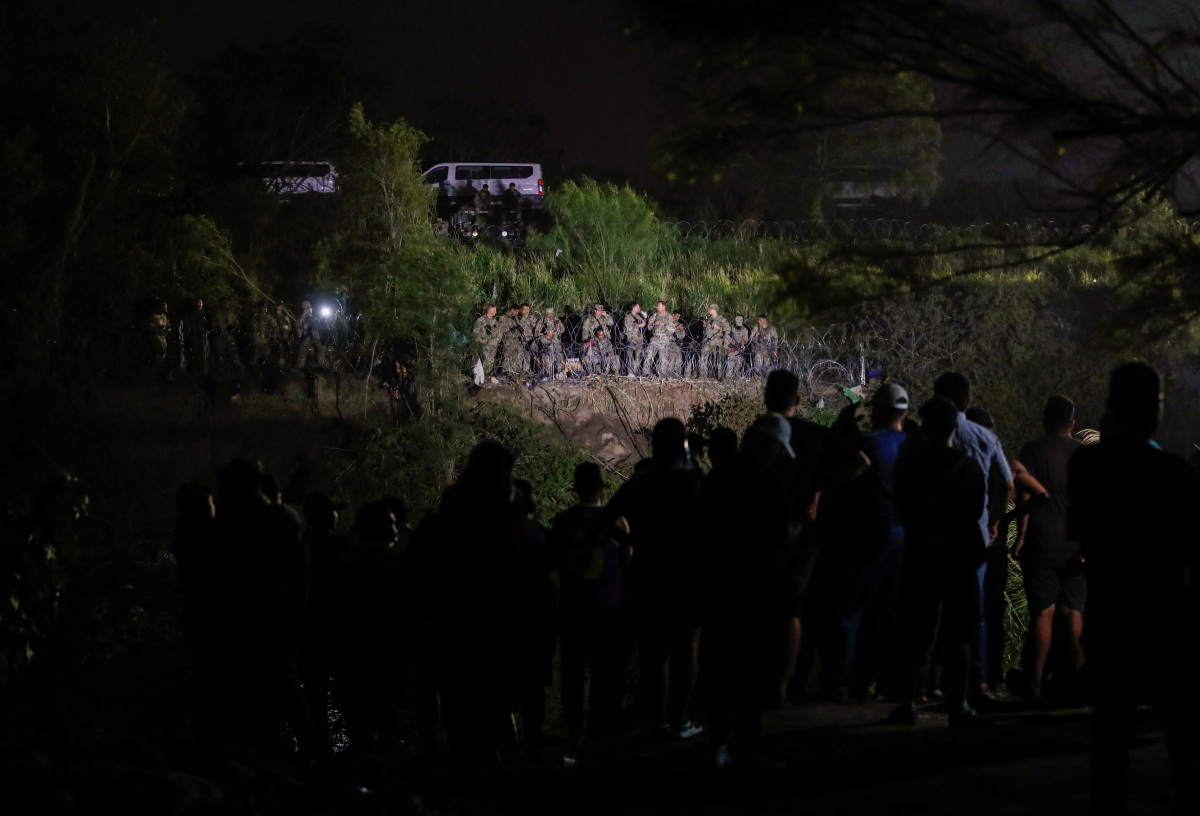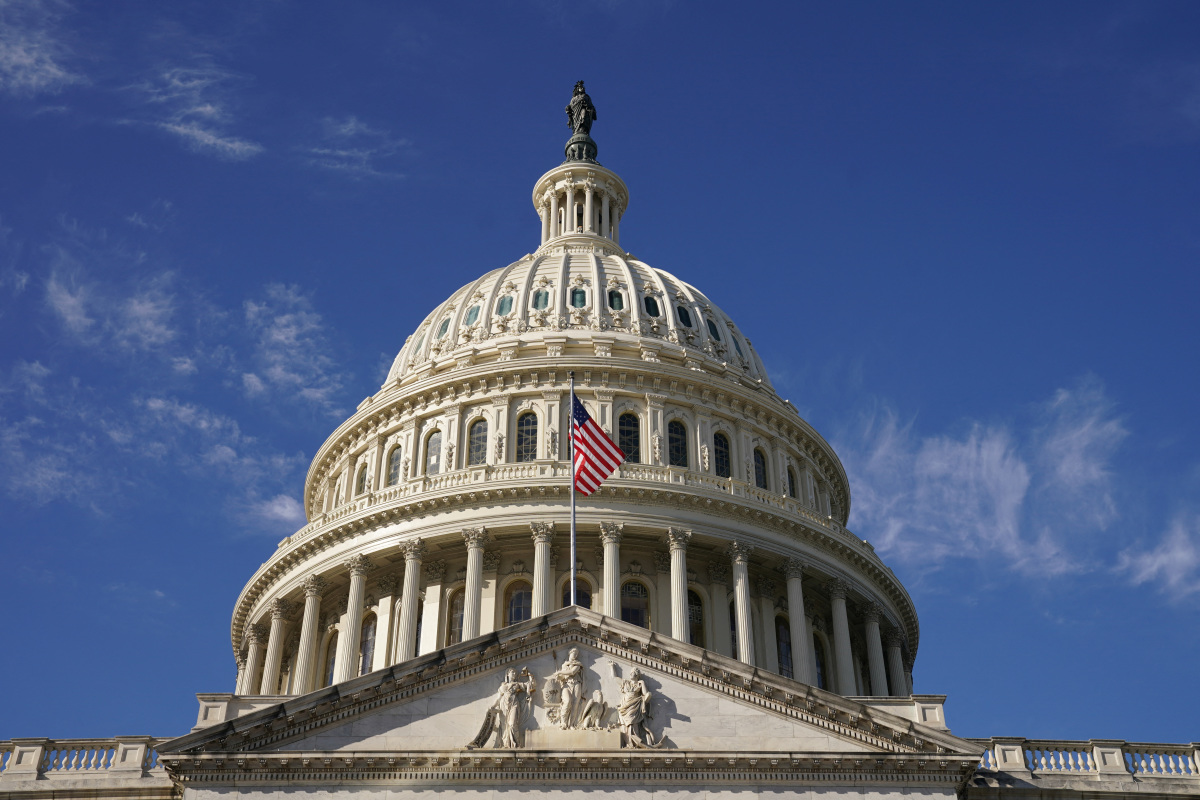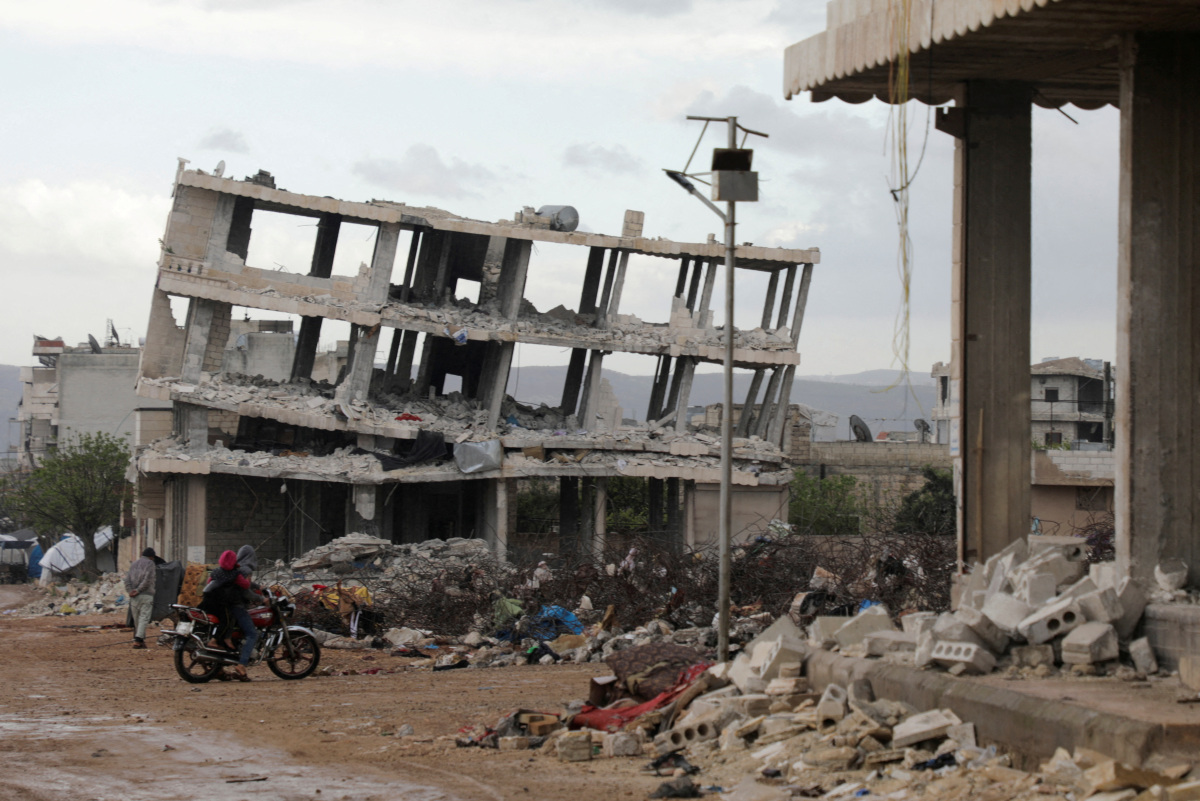Reuters
Oriana Silva, a 30-year-old Venezuelan mother of two, was so determined to make it to the United States that she entered illegally and was expelled back to Mexico five times in seven months. Now, she is trying another way she hopes will be easier: the U.S. asylum app.
As U.S. COVID-era border restrictions give way to strict new asylum rules on Friday, she and other migrants in Mexico have opted to forgo unlawful crossings and instead heed the Biden administration’s calls to request asylum via mobile app.
“It’s much better,” Silva said on Thursday at the border, scrolling through a WhatsApp chat with tips about the app known as CBP One. “We’re already here, we’re already one step away.”
Silva is in Ciudad Juarez, one of the biggest Mexican border cities, where fear of the tougher U.S. rules led tens of thousands of people to scramble to enter the United States in the past few days before Title 42 COVID policy expired.
Under the COVID-era order, U.S. officials could immediately expel migrants back to Mexico, blocking them from requesting asylum. The new rules bar migrants from re-entering the country for five years if they are caught crossing illegally.
The recent rush has left U.S. authorities overwhelmed and increased the number of migrants being held by U.S. Customs and Border Protection (CBP) to 28,000 – far beyond stated capacity and at apparent record levels.
But in Ciudad Juarez the scene is now one of relative calm.
After months of struggling to house the constant arrivals of migrants, many shelters in Ciudad Juarez – which lies opposite El Paso, Texas – are now half empty.
“They’ve left the shelters, they’ve left the streets,” said Enrique Valenzuela, a Chihuahua state official who runs a migrant services center, noting that many had entered the United States.
“The pressure in Juarez has decreased a bit.”
That could be good news for the Biden Administration which has worked hard to get the message out that the ending of Title 42 does not mean the border is open, and that migrants need to use the app rather than cross illegally.
It is unclear how widely the views of Silva, and the other nine migrants Reuters talked to about the app, are shared among those hoping to reach the United States.
A spike in the number of migrants crossing the Darien gap linking Panama with Colombia in April and early May suggests many more people will be arriving at the border in the coming weeks and months.
Silva, who left her daughters aged 4 and 10 with their grandmother in Venezuela, said she remains determined to make it.
Silva said she got updates on the shifts in U.S. migration policy via Instagram, including from a Venezuelan business adviser who had just posted a news item in English from El Paso.
Alongside her, two young men from Venezuela said they were also going to seek asylum appointments on the CBP One app.
The app has not been without problems.
Juan Angel Pavon, 52, another Venezuelan, said he has been trying to get a CBP One appointment for three months.
In the meantime, smugglers told him they could quickly bring him and his two daughters, 12 and 14, into the United States, he said. But he was determined to stick at it, and not take the risk.
“We can fall victim to any rumor,” he said, seated in a tent in a small migrant encampment near the border. He observed that the latest information circulating via word-of-mouth was that CBP One would soon start offering more appointment slots.
“God willing, that happens. It would be a great solution for this out-of-control situation migrants are going through.”







